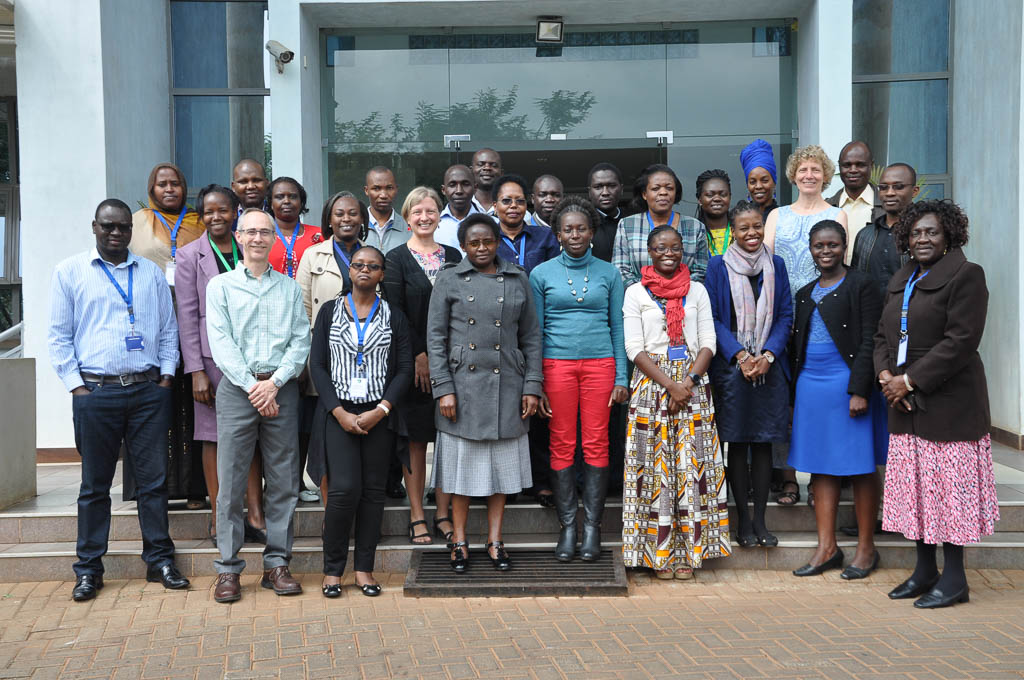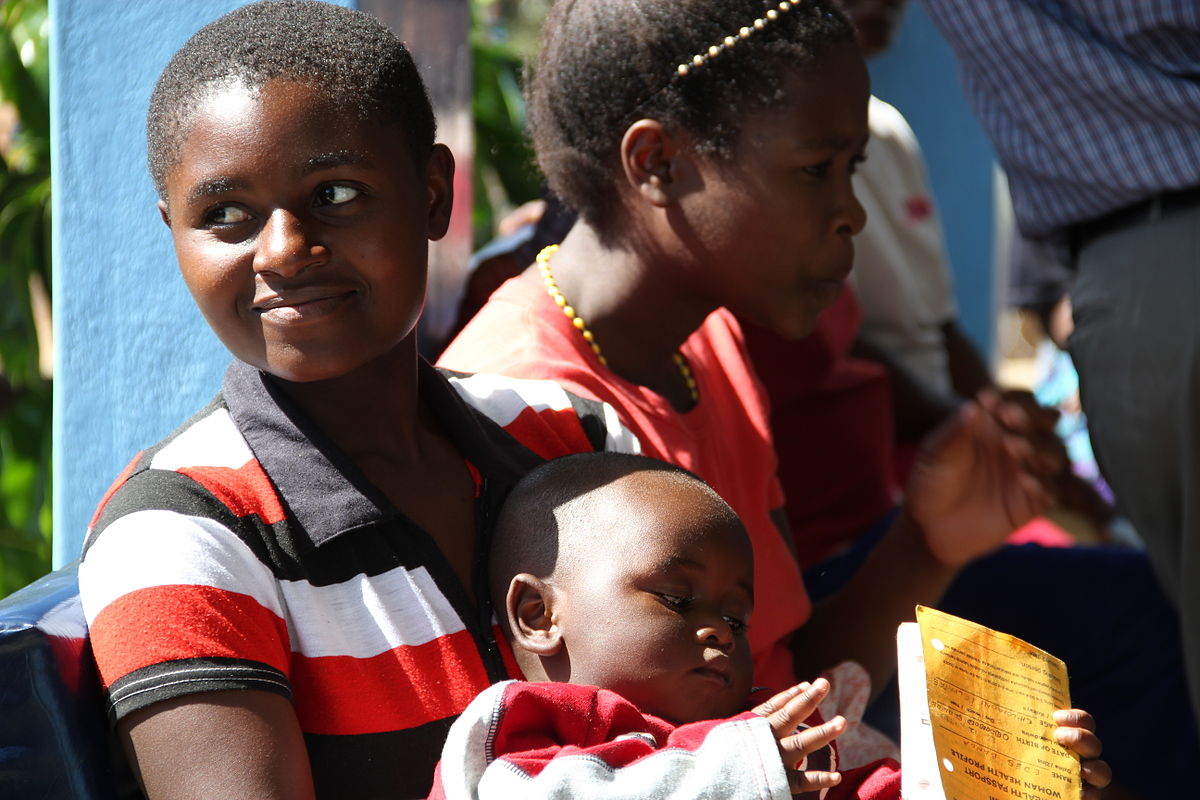The Demographic and Health Survey program is continually collecting and releasing new data; at this writing, nineteen countries are collecting or processing data for standard DHS surveys. Researchers want the latest data for countries of interest, as soon as those data become available. To minimize the wait between the original DHS data release and the release of integrated data, IPUMS DHS is now releasing data multiple times a year.
IPUMS DHS
Posts related to IPUMS DHS
Researchers Study How Context Affects Health with New IPUMS DHS Variables
Are you interested in how environmental or social contexts affect women’s and children’s health and behavior? IPUMS-DHS now makes it easy to investigate such questions. Using GPS coordinates, we’ve linked contextual variables drawn from many data sources directly to individual DHS respondent records. All context variables describe the features of a small geographic area (5-10 kilometers) surrounding each DHS cluster location.
By doing the technical stuff for you, we’ve freed you up to focus on your important substantive questions—like how climate change influences human health and survival. Our innovation eliminates the need for you to buy or learn geographic software. Even if you’re an ARCGIS whiz, the new IPUMS DHS’ linked data will make your research process simpler and faster.
What new data are available?
Data For All: IPUMS-DHS Launches Training Workshops in Africa

If you are a student, faculty member, or researcher in the United States, you can learn about IPUMS data through an exhibit or workshop at professional conferences held on multiple occasions each year. Thousands of U.S. demographers, geographers, sociologists, economists, ecologists, health researchers, and others have learned about IPUMS through these events. But what if you are student, teacher, or researcher in Africa, where resources are far less plentiful?
Data Release Details: IPUMS-DHS now includes 90 surveys from 20 African countries and India

As of May 2016, IPUMS-DHS includes over 2000 integrated variables from 90 Demographic and Health Surveys (DHS) in 21 countries, and allows researchers to select women, children, or births as their unit of analysis.
Addressing the Importance of Data

In April, MPC Director of Data Integration Matt Sobek was invited to speak at an event for the United Nations’ 49th Session of the Commission on Population and Development. The special session, “The Data Revolution in Action: National and International Experiences with Microdata Dissemination and Public Use,” was created to show attendees examples of national and international organizations distributing data for public use.
